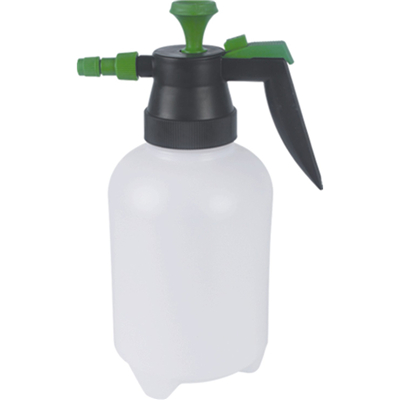Agricultural sprayer pumps play a vital role in modern farming practices by efficiently distributing pesticides, herbicides, fertilizers, and other agricultural chemicals. These pumps provide the necessary pressure and flow rate to spray liquids evenly over crops, ensuring effective coverage and maximum crop protection. In this article, we will explore the function, types, and applications of agricultural sprayer pumps.
The primary function of an agricultural sprayer pump is to pressurize the liquid solution and deliver it through a spray nozzle. The pump creates the necessary pressure to overcome resistance in the system and generate a fine spray mist. The pressure and flow rate of the pump is crucial for achieving uniform application and ensuring the desired coverage on crops.
Diaphragm pumps are commonly used in agricultural sprayers due to their versatility and reliability. They feature a flexible diaphragm that moves back and forth, creating pressure and suction to draw in and expel the liquid. Diaphragm pumps are known for their self-priming capabilities, meaning they can lift liquid from a lower level without external assistance. They are suitable for handling various types of fluids, including abrasive chemicals and suspended solids.
Piston pumps, also known as reciprocating pumps, use a piston to generate pressure. As the piston moves back and forth in a cylinder, it creates suction and discharge strokes, drawing in and pushing out the liquid. Piston pumps are known for their high-pressure capabilities and can handle thick or viscous fluids. They are commonly used in high-pressure agricultural sprayers, where precise application and long-range spraying are required.
Centrifugal pumps work on the principle of centrifugal force, using a rotating impeller to transfer energy to the liquid. The impeller spins, creating a centrifugal force that propels the liquid outward, generating pressure. Centrifugal pumps are efficient and capable of high flow rates, making them suitable for large-scale agricultural spraying applications. However, they are not as effective at generating high pressures compared to diaphragm or piston pumps.
Agricultural sprayer pumps are widely used for crop protection purposes. They enable farmers to efficiently apply pesticides, insecticides, and fungicides to control pests, diseases, and weeds. The even distribution of these chemicals ensures maximum effectiveness and minimizes waste.
Sprayer pumps are essential for fertilizer application in agricultural settings. They allow for precise and uniform distribution of liquid fertilizers, ensuring optimal nutrient uptake by crops. Farmers can adjust the pump settings to deliver the desired concentration of fertilizers based on crop requirements.
Agricultural sprayer pumps can also be used for irrigation purposes, particularly in situations where fine droplets or misting is required. They provide the necessary pressure to deliver water evenly over crops, promoting proper hydration and minimizing water wastage.
Sprayer pumps are utilized in agricultural settings for cleaning and disinfection tasks. They are used to spray water, detergents, or disinfectants for equipment cleaning, sanitizing farm buildings, or controlling the spread of pathogens.
Agricultural sprayer pumps are essential tools for modern farming practices. They provide the necessary pressure and flow rate to deliver pesticides, fertilizers, and other agricultural chemicals evenly over crops, ensuring maximum efficiency and effectiveness. By utilizing different types of pumps based on specific requirements, farmers can achieve precise application, promote crop health, and enhance overall productivity in their agricultural operations.










